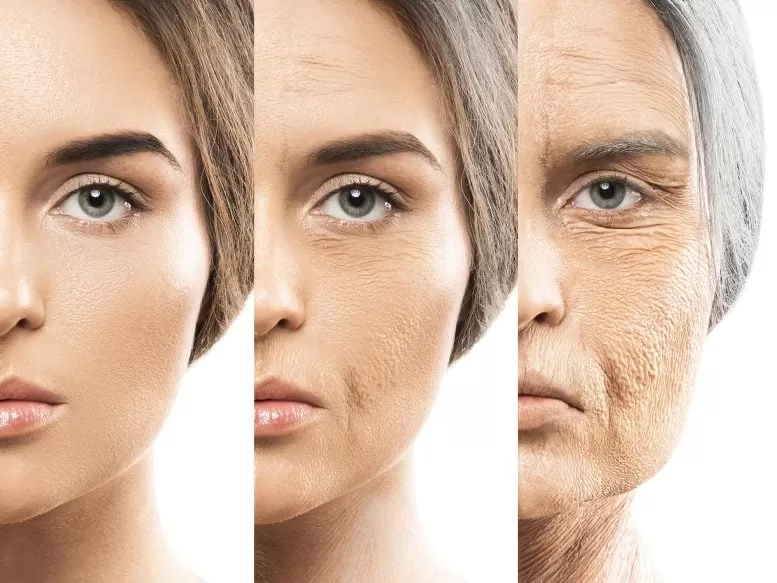As humans age, the body undergoes natural changes such as the loss of neurons and muscle mass, decreased fertility, and reduced wound healing ability. While strategies like exercise and calorie restriction can slow aging in specific tissues, reversing aging at the whole-organism level has remained elusive. However, a recent breakthrough involving planarian worms, known for their remarkable regenerative abilities, offers promising insights into reversing age-related decline.
Planarian Regeneration and Aging
Planarians, specifically the species *Schmidtea mediterranea*, have been studied for over a century for their ability to regenerate body parts, including growing new heads after decapitation. Longhua Guo, Ph.D., Assistant Professor at the University of Michigan Medical School, has been exploring these creatures as a model for aging research. His team has found that planarians, like mammals, show signs of aging, including neuron loss, muscle decline, and reduced fertility, but they do not lose adult stem cells with age.
Reversing Aging Through Regeneration
When older planarians regenerate their heads, they not only restore normal vision but also exhibit improved fertility and physiological performance compared to their older counterparts. This regeneration process reverses age-associated changes in various tissues, suggesting mechanisms that support longevity and healing even at advanced ages.
Shared Aging Signatures Across Species
Comparative studies using single-cell sequencing data have revealed that planarians share aging signatures with mammals, including mice, rats, and humans. Interestingly, these signatures are closer to those found in lifespan-extended mice, indicating potential anti-aging pathways.
Future Directions
Dr. Guo’s next step is to identify the genes and cells involved in planarians’ regenerative program, which could lead to whole-organism age reversal. This research suggests that age-related decline might be reversible not just in planarians but in other organisms as well.
—
Disclaimer:The information provided in this article is based on scientific research and should not be considered as medical advice. Any implications for human health or potential treatments require further research and clinical validation.
Citations:
“Regeneration leads to global tissue rejuvenation in aging sexual planarians” by Xiaoting Dai, Xinghua Li, Alexander Tyshkovskiy, Cassandra Zuckerman, Nan Cheng, Peter Lin, David Paris, Saad Qureshi, Leonid Kruglyak, Xiaoming Mao, Jayakrishnan Nandakumar, Vadim N. Gladyshev, Scott Pletcher, Jacob Sobota and Longhua Guo, 3 April 2025, Nature Aging.
DOI: 10.1038/s43587-025-00847-9












